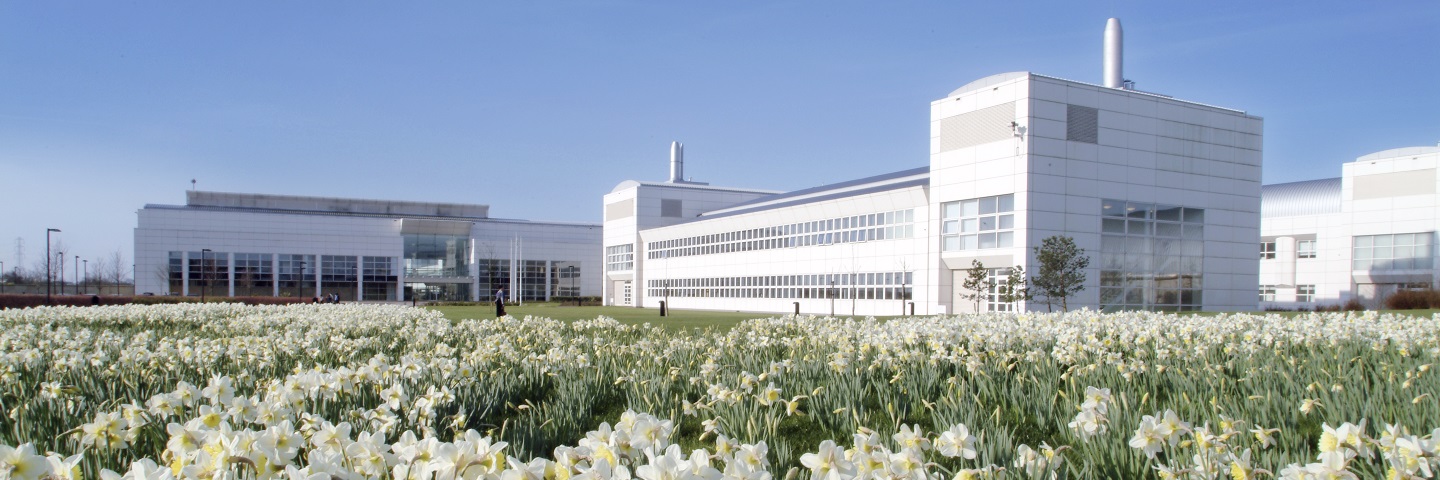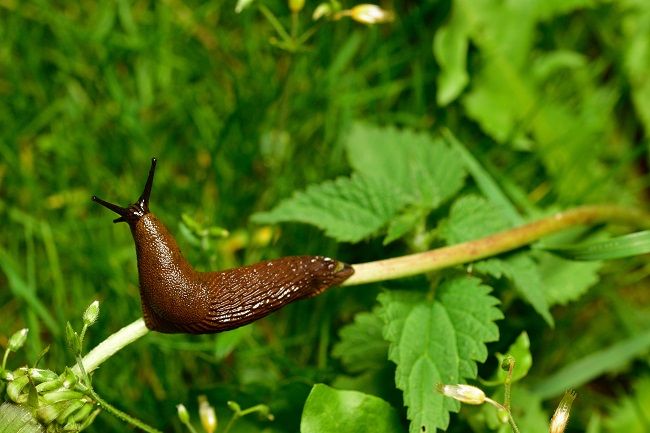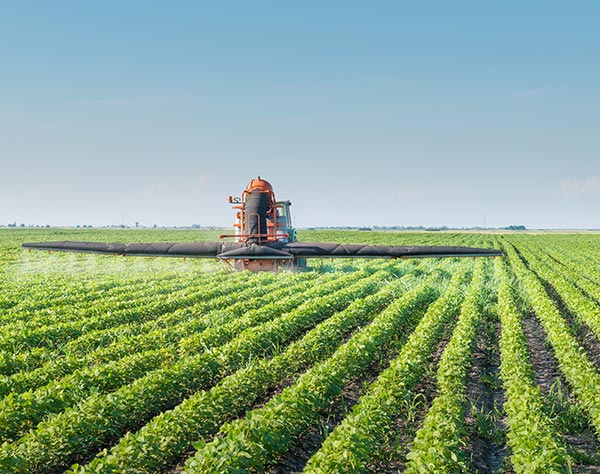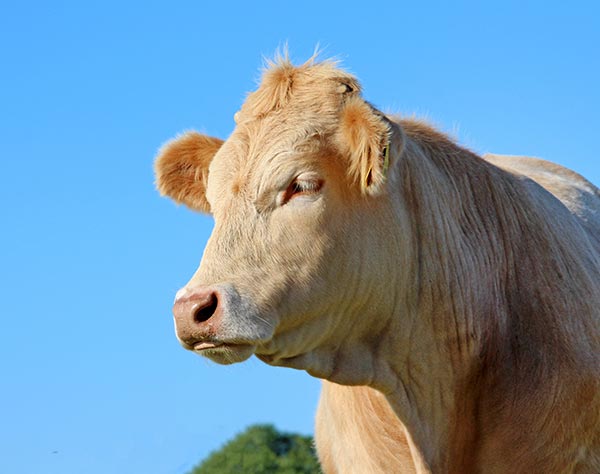
Visit our other sites
-
Fapas - Proficiency Testing
Globally recognised provider of proficiency tests, running over 400 tests annually across an extensive range of matrices and analytes
-
Great Crested Newts Testing
A single sample taken by an ecologist at any time during the newt breeding season can determine their presence or absence, saving you time and money
Fera Science Ltd has an excellent and long-standing track record of supporting PhD studentships. Working with our extensive network of academic partners, we have for many decades co-sponsored between 20-30 studentships a year.

Our PhD research projects are aimed at improving the understanding of emerging risks and to evaluate new approaches and technologies, which we can translate into novel science-based evidence and solutions for both government and industry customers. By working in partnership with academia, we are able to bring in fresh thinking and maintain a strong contact with cutting-edge science, which in turn helps us to build new expertise and capabilities.
Our PhD programme is also an essential means to develop the next generation and foster new talent. We are proud of the fact that many former Fera students now have successful careers within our sector, including a significant number who have remained with us and become part of Fera’s science team.
Current PhD Projects Available
Project Abstracts
PhD topics cover agri-food and environmental research, and a selection of our current PhD research project abstracts can be seen below.
1. Microbiological risk management tools for fruit and vegetable growers
Fruit and vegetable consumption is
increasingly being recognised as an important transmission route of
foodborne disease. This project aims to develop testing approaches to
indicate the potential for pathogens (bacteria, viruses and parasites)
presence in fresh produce by employing Next-Generation Sequencing (NGS)
approaches.
2. Modulating plant immunity using cryptic viruses
This project explores the role of cryptic viral infections in altering the tolerance of crops towards multiple biotic and abiotic stresses.


3. Better use of molluscicide pellets for improved management of slugs
Slugs are damaging pests of UK crops and control is achieved using molluscicidal pellets. Current pellets are inefficient and polluting and improvements to their design are urgently required. The project’s aim is to generate the knowledge required to develop new pellet formulations that give better and safer slug control.
4. Tuber yield response and its interaction with source, site and acclimatisation
Plants adapt in response to change in environmental conditions and studies show that this phenotypic plasticity also has co-evolved in response to soil microbiota (e.g microbes and viruses). In this project we aim to quantify the influence of soil microbiota and viruses on plant phenotypic plasticity (growth development) and its effect on plant fitness and final yield in potatoes.
5. The Mechanistic Aspects of Lightweight Pig Management


6. Developing methodologies to understand the degradation and adsorption of macromolecule biopesticides in soil
Registration of biomolecules (proteins or RNA) for crop protection requires an environmental fate assessment. This project will use state-of-the-art methods such as RNA amplification and sequencing, laser-scanning confocal microscopy and liquid chromatography high resolution mass spectrometry to investigate the sorption coefficients and biodegradation rates of macromolecule biopesticides in agricultural soils.
7. Bioefficacy and consumer acceptance of vitamin D enriched eggs for human health.
We will explore the potential for vitamin D enriched eggs to improve vitamin D status and improve health in UK consumers. This will be done by conducting: (i) a dietary intervention study in high risk population subgroups viz. young Caucasian and South Asian adults and (ii) an in-depth qualitative exploration of their attitudes and acceptance of such foods as part of the diet.
To learn more about each of our current PhD projects and the value they can bring to industry please contact us below.
Mastitis and animal husbandry-next generation sequencing as a support tool
This project will explore the potential to track mastitis-causing pathogens in the dairying environment. Next generation sequencing will supply data important to the tracking of both pathogens and antimicrobial resistance genes.
Using in-field diagnostics to better manage fungicide use and resistance development
Resistance to crop protection products is currently the most significant limitation to agriculture in the UK. Diagnostics may help by enabling better targeting of products only where they will be most effective, preventing over-use which drives resistance development.


Bioprospecting and pathovar profiling of plant pathogenic bacteria using novel high throughput technology platforms
Plant pathogenic bacteria are a valuable but under-exploited bio-resource. This project will explore the biotechnological potential of the National Collection of Plant Pathogenic Bacteria using advanced microarray and enzyme discovery platforms to bio-prospect for novel enzyme activities and polymers. We will also seek to identify pathovar-specific biomarkers for diagnostics development.
Rose viruses: Understanding the current status and protecting the future of the UK rose sector
Using diagnostics to better understand the taxonomy and aetiology of rose viruses in the United Kingdom to improve plant health resilience. Assessing the epidemiological factors critical to the management of Rose rosette virus in the UK (including host susceptibility, symptomology, and potential vectors).
Read the latest News StoryAutomated monitoring of lameness in dairy cattle using facial expression analysis
Effective on-farm health and welfare surveillance techniques are integral to sustainable food production. Lameness is a critical production disease with considerable welfare consequences. Using cutting edge interdisciplinary research, this project will test the effectiveness of facial expressions for assessing lameness in dairy cattle and develop an automated on-farm surveillance system.
Monitoring food and feed authenticity using an advanced glycan profiling platform
The ability to reliably assess the authenticity of foods and feed is critical for consumer confidence and to satisfy regulatory authorities. Information-rich complex polysaccharides are potentially powerful authenticity biomarkers. In this project we will develop a novel, microarray-based technology platform for glycan profiling for food and feed authentication.
How can we characterise meat quality? Psychophysics of consumption indicators of the quality of beef
A technical analysis of the factors affecting the sensory experience of eating beef, such as tenderness and flavour, using a multidisciplinary approach based on psychophysics and sensory science.
To learn more about each of our current PhD projects and the value they can bring to industry please contact us below.


Copyright © 2025 Fera Science Limited (“Fera”). All rights reserved.
For further information about how Fera uses any personal data collected from you, please see our Privacy Notice at www.fera.co.uk/privacy-policy.


